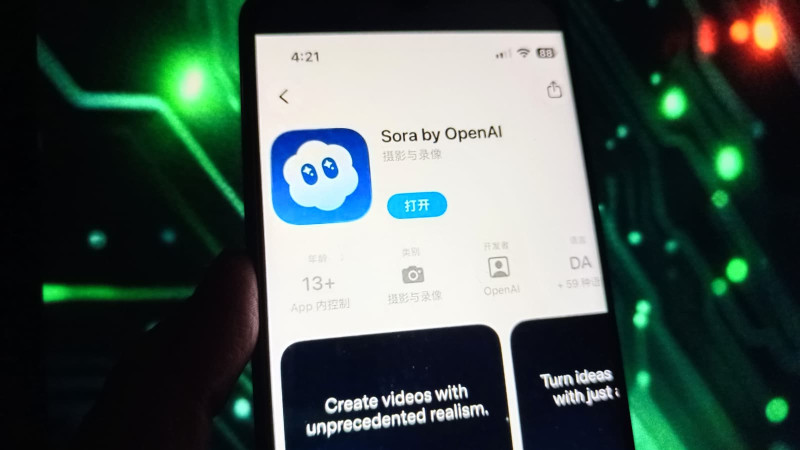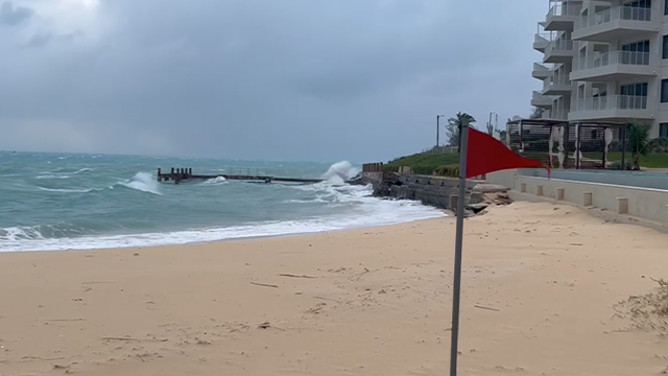In a move that's already stirring up the tech world, OpenAI unveiled Sora 2 on October 1, 2025, alongside a sleek new iOS app designed to turn everyday users into instant video creators. The update promises more realistic physics, sharper details, and even synchronized audio in clips up to 10 seconds long—think TikTok meets advanced AI wizardry. But here's the catch: access is tightly controlled through invite codes, leaving many eager creators scrambling on forums like Reddit for a shot at early entry.
The app, simply called Sora, lets you generate vertical videos from text prompts or photos, remix friends' content, or swap in AI-generated cameos of yourself. It's invite-only for now, with users signing in via their existing OpenAI accounts and potentially needing a code during onboarding. OpenAI says this phased rollout helps manage server loads and refine safety features, but critics are quick to point out how it echoes the exclusivity of early ChatGPT days, potentially sidelining broader innovation.
Indeed, Reddit's r/OpenAI subreddit exploded into a megathread for code sharing, with thousands of comments from users offering trades or pleas for spares. Some report success by following influencers or joining waitlists on the official site, while others gripe about regional blocks—EU users, for instance, face extra hurdles. ChatGPT Pro subscribers might get priority access to a premium "Sora 2 Pro" version soon, but even that's not guaranteed. Moreover, the app's social feed encourages sharing these AI-born videos, raising eyebrows over deepfake risks despite built-in age gates and moderation.
However, the hype isn't without merit. Early testers praise the model's leap in controllability, making it easier to direct scenes with precise instructions. And as OpenAI pushes this toward collaborative creation, it's clear they're eyeing a future where AI video blurs lines between amateur and pro filmmaking. But with codes being snapped up fast, the real question lingers: who gets to shape this tool first, and what does that mean for the rest of us?


